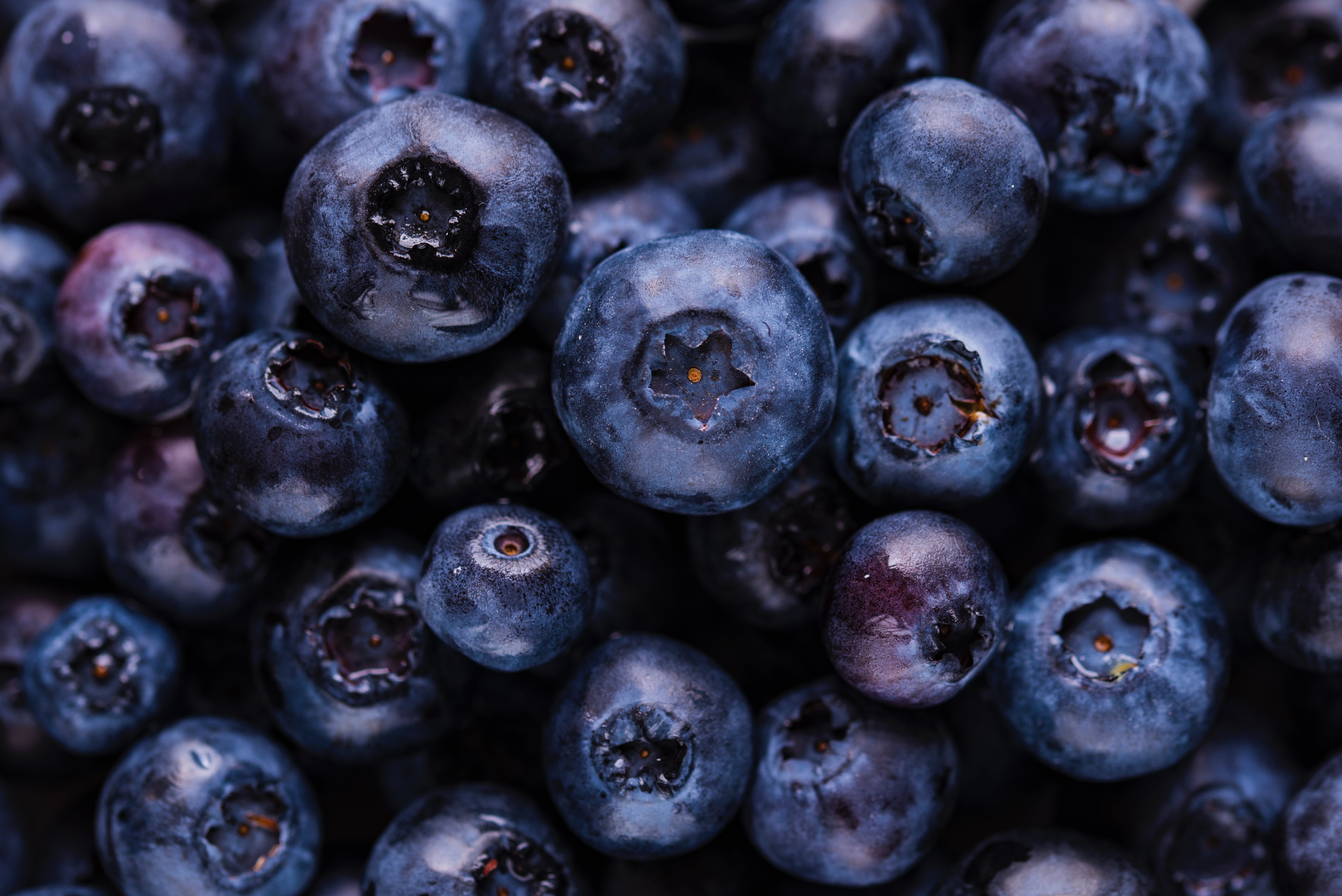
Nutrition Science
If you are struggling with hypoglycemia or some other metabolic disorder, your life may depend upon learning more about nutrition science. Nutrition science is the study of how nutrients and biochemicals in food affect “maintenance, growth, reproduction, health and disease” of both the individual and overall population.
Nutrition is a very young science; it has evolved tremendously over the last century. There are many questions still left unanswered.
The promise of “better living through chemicals” and processed foods has not been fulfilled. It’s complicated: there is a lot of confusion and disagreement in the field, and this makes it difficult for everyday people to understand what food is healthy and what food is causing disease. Who and what can we believe?
See below for Kenneth Carpenters’ Short History of Nutritional Science.
And what about all the flim flam on nutrition? Click here for some good advice: How to weed out the bad science.
Nutrition and Medicine
Dr. Robert Lustig, one of the medical advisors for the Hypoglycemia Support Foundation, studied *nutritional biochemistry at MIT. As he continued on with his studies in medical school, he says they “literally beat nutrition out of me.” The **lack of importance placed on nutrition education caused him to lose his nutritional biochemistry focus. Treatment was valued over prevention. Hippocrates’ idea of “Let food be thy medicine” was not taken seriously. Over the course of several decades, Dr. Lustig noticed an ever-increasing amount of young patients suffering from serious metabolic diseases, such type 2 diabetes, and he realized that the answer to their problems led him back to the field of nutritional biochemistry (where his career began).
The Hypoglycemia Support Foundation is Committed and Accountable to a Rigorous Scientific Approach
And we are committed to a world where improving public health comes before any individual’s or organization’s financial gain or personal benefit. Our vision is to strengthen the movement to enlighten the public about food and nutrition that reduces food-related illness and promotes a healthy society. HSF is committed to being a leading source of science-based information on nutrition. We believe there is a connection between Real Health, Real Food, and Real Science, and we don’t trust conclusions from studies funded by corporate sponsors.
Personal attacks in the field of nutrition seem to be in vogue. Why? We are passionate about our food, so the nutrition debate sometimes gets very personal. We need serious and civil debate on the science and facts. We all have a lot to learn. Personal attacks are a sign that a person’s critical reasoning has failed them.
Check out our list of respected advisors: doctors, nutrition scientists, health practitioners and others who believe whole, real food is essential to health and preventing unnecessary disease.
KENNETH J. CARPENTER – A SHORT HISTORY OF NUTRITIONAL SCIENCE
A SHORT HISTORY OF NUTRITIONAL SCIENCE: PART 1 (1785–1885)
A SHORT HISTORY OF NUTRITIONAL SCIENCE: PART 2 (1885–1912)
A SHORT HISTORY OF NUTRITIONAL SCIENCE: PART 3 (1912–1944)
A SHORT HISTORY OF NUTRITIONAL SCIENCE: PART 4 (1945–1985)
*Nutritional biochemistry is an integrative form of science as it uses other sciences such as physiology, medicine, microbiology, endocrinology, chemistry and biology and applies these sciences specifically to the study of health, diet, nutrition, disease, and the connections that exist among them.
**Out of the 116 medical schools in America, 68 have no requirement for nutrition classes. The remaining schools require just an average of two credits, basically one course, about nutrition, according to John LaPuma, MD.

